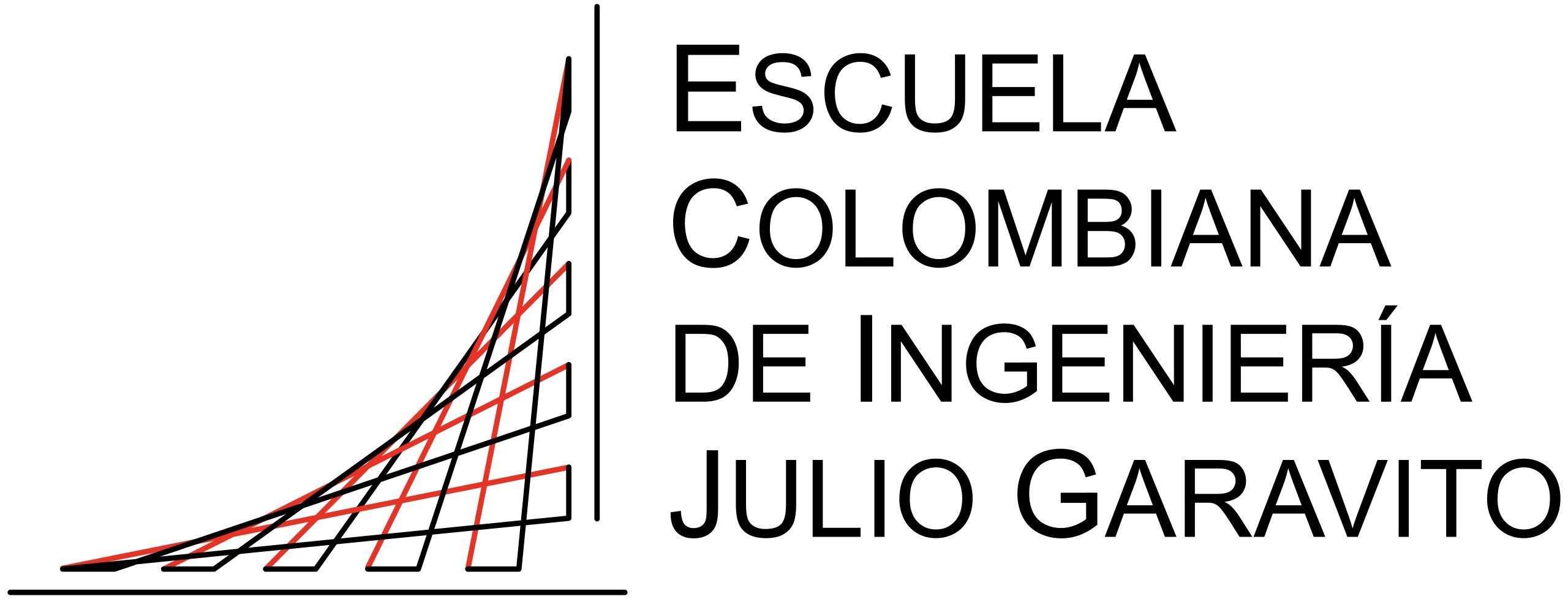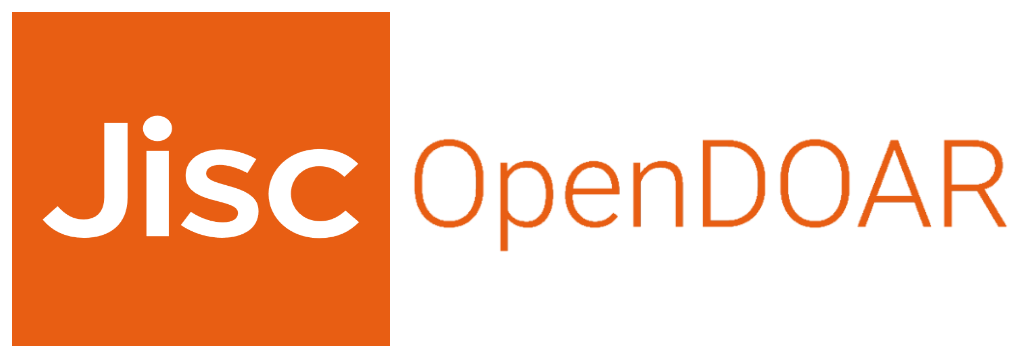Mostrar el registro sencillo del ítem
An elementary and unified approach to program correctness
| dc.contributor.author | Bohórquez, Jaime | |
| dc.date.accessioned | 2021-12-04T16:38:27Z | |
| dc.date.available | 2021-12-04T16:38:27Z | |
| dc.date.issued | 2009 | |
| dc.identifier.issn | 1433299X | |
| dc.identifier.uri | https://repositorio.escuelaing.edu.co/handle/001/1904 | |
| dc.description.abstract | We present through the algorithmic language DHL (Dijkstra-Hehner language), a practical approach to a simple first order theory based on calculational logic, unifying Hoare and Dijkstra’s iterative style of programming with Hehner’s recursive predicative programming theory, getting the “best of the two worlds” and without having to recur in any way to higher-order approaches such as predicate transformers, Hoare logic, fixed-point or relational theory. | eng |
| dc.description.abstract | Presentamos a través del lenguaje algorítmico DHL (Dijkstra-Hehner language), una aproximación práctica a una teoría simple de primer orden basada en lógica de cálculo, unificando el estilo iterativo de programación de Hoare y Dijkstra con la teoría recursiva de programación predicativa de Hehner, obteniendo “lo mejor de los dos”. mundos” y sin tener que recurrir en modo alguno a enfoques de orden superior como los transformadores de predicados, la lógica de Hoare, el punto fijo o la teoría relacional. | spa |
| dc.format.extent | 17 páginas. | spa |
| dc.format.mimetype | application/pdf | spa |
| dc.language.iso | eng | spa |
| dc.publisher | Springer | spa |
| dc.source | https://link.springer.com/article/10.1007%2Fs00165-009-0137-4 | spa |
| dc.title | An elementary and unified approach to program correctness | eng |
| dc.type | Artículo de revista | spa |
| dc.type.version | info:eu-repo/semantics/publishedVersion | spa |
| oaire.accessrights | http://purl.org/coar/access_right/c_14cb | spa |
| oaire.version | http://purl.org/coar/version/c_970fb48d4fbd8a85 | spa |
| dc.contributor.researchgroup | Informática | spa |
| dc.relation.citationendpage | 627 | spa |
| dc.relation.citationstartpage | 611 | spa |
| dc.relation.citationvolume | 22 | spa |
| dc.relation.indexed | N/A | spa |
| dc.relation.ispartofjournal | Formal Aspects of Computing | eng |
| dc.relation.references | Back RJR (1978) On the Correctness of Refinement Steps in Program Development. PhD thesis, University of Helsinki. Also available as report A-1978-5 | spa |
| dc.relation.references | Back RJR (1980) Correctness preserving program refinements: proof theory and applications, volume 131 of Mathematical Center Tracts. Mathematical Centre, Amsterdam | spa |
| dc.relation.references | Backhouse R (2003) Program Construction: Calculating Implementations from Specifications. Wiley, New York | spa |
| dc.relation.references | Backhouse R, Fokkinga M (2001) The associativity of equivalence and the towers of Hanoi problem. Inf Process Lett 77(2–4): 71–76 | spa |
| dc.relation.references | Backhouse R, Michaelis D (2006) Exercises in quantifier manipulation. In: Uustalu T (eds) MPC, volume 4014 of Lecture Notes in Computer Science. Springer, Berlin, pp 69–81 | spa |
| dc.relation.references | Bohórquez JA (2007) An inductive theorem on the correctness of general recursive programs. Logic Journal of the IGPL 15(5–6): 373–399 | spa |
| dc.relation.references | Bohórquez JA (2008) Intuitionistic logic according to Dijkstra’s calculus of equational deduction. Notre Dame J Form Log 49(4): 361–384 | spa |
| dc.relation.references | Dijkstra EW, Feijen WHJ (1988) Een Methode van Programmeren. Academic Service, Den Haag, 1984. Also available as A Method of Programming. Addison-Wesley, Reading | spa |
| dc.relation.references | Dijkstra EW (1968) Go to statement considered harmful. Commun ACM 11(3): 147–148 | spa |
| dc.relation.references | Dijkstra EW (1975) Guarded commands, nondeterminacy and formal derivation of programs. Commun ACM 18(8): 453–457 | spa |
| dc.relation.references | Dijkstra EW (1976) A discipline of programming. Prentice-Hall Inc., Englewood Cliffs. With a foreword by C.A.R. Hoare, Prentice-Hall Series in Automatic Computation | spa |
| dc.relation.references | Dijkstra EW (1994) How computing science created a new mathematical style. EWD 1073 in The writings of Edsger W. Dijkstra, 2000. http://www.cs.utexas.edu/users/EWD | spa |
| dc.relation.references | Dijkstra EW, Scholten CS (1990) Predicate calculus and program semantics. Springer, Berlin | spa |
| dc.relation.references | Dromey RG (1982) How to solve it by computer. Prentice Hall, Englewood Cliffs | spa |
| dc.relation.references | Floyd RW (1967) Assigning meanings to programs. In: Proceedings of the symposium on applied mathematics, American Mathematical Society XIX:19–32 | spa |
| dc.relation.references | Feijen WHJ, van Gasteren AJM (1996) Programming, proving, and calculation. In: Neville Dean C, Hinchey MG (eds) Teaching and learning formal methods. Academic Press, New York | spa |
| dc.relation.references | Gries D (1981) The science of programming. Springer, Berlin | spa |
| dc.relation.references | Gries D, Schneider FB (1993) A logical approach to discrete math. Texts and Monographs in Computer Science. Springer, Berlin | spa |
| dc.relation.references | Hehner ECR (1976) DO considered OD: a contribution to the programming calculus. Technical Report CSRG-75, University of Toronto, Computer Systems Research Group, Toronto | spa |
| dc.relation.references | Hehner ECR (1984) Predicative programming. I, II. Commun ACM 27(2):134–143, 144–151 | spa |
| dc.relation.references | Hehner ECR (1989) Termination is timing. In: MPC: International conference on mathematics of program construction. LNCS, Springer, Berlin | spa |
| dc.relation.references | Hehner ECR (1990) A practical theory of programming. Sci Comput Program 14(2–3): 133–158 | spa |
| dc.relation.references | Hehner ECR (2004) From boolean algebra to unified algebra. MATHINT: The Mathematical Intelligencer 26 | spa |
| dc.relation.references | Hehner ECR (2004) A practical theory of programming, 2nd edn. Springer, New York | spa |
| dc.relation.references | Hehner ECR (2005) Specified blocks. In: Meyer B, Woodcock J (eds) VSTTE, volume 4171 of Lecture Notes in Computer Science. Springer, Berlin, pp 384–391 | spa |
| dc.relation.references | Hehner ECR (2006) Retrospective and prospective for unifying theories of programming. In: Dunne S, Stoddart B (eds) UTP, volume 4010 of Lecture Notes in Computer Science. Springer, Berlin, pp 1–17 | spa |
| dc.relation.references | Hehner ECR (2007) Unified algebra. Int J Math Sci (WASET) 1(1):20–37 (electronic) | spa |
| dc.relation.references | Hoare CAR, Jifeng H (1987) The weakest prespecification. Inf Process Lett 24(2): 127–132 | spa |
| dc.relation.references | Hoare CAR, Jifeng H (1998) Unifying theories of programming. Prentice Hall, London | spa |
| dc.relation.references | Hoare CAR (1969) An axiomatic basis for computer programming. Commun Assoc Comput Mach 12(10): 576–583 | spa |
| dc.relation.references | Hoare CAR (1983) An axiomatic basis for computer programming (reprint). Commun ACM 26(1): 53–56 | spa |
| dc.relation.references | Hoare CAR (1984) Programs are predicates. Philos Trans Roy Soc Lond Ser A 312(1522): 475–489 | spa |
| dc.relation.references | Hoare CAR (1992) Programs are predicates. In: Proceedings of the international conference on fifth generation computer systems, pp 211–218, ICOT, Japan, 1992. Association for Computing Machinery | spa |
| dc.relation.references | Kaldewaij A (1990) Programming: the derivation of algorithms. International Series in Computer Science. Prentice-Hall, Englewood Cliffs | spa |
| dc.relation.references | Lifschitz V (2001) On calculational proofs. Ann Pure Appl Logic 113(1–3): 207–224 | spa |
| dc.relation.references | Manna Z (1974) Mathematical theory of computation. McGraw-Hill, New York | spa |
| dc.relation.references | Manna Z (1980) Lectures on the logic of computer programming. Philadelphia, PA. With contributions by N. Dershowitz and R. Waldinger | spa |
| dc.relation.references | Morgan C (1990) Programming from specifications. Prentice Hall, Englewood Cliffs | spa |
| dc.relation.references | Morris JM (1990) Programs from specifications. In: Dijkstra EW (eds) Formal development of programs and proofs. Addison-Wesley, Reading | spa |
| dc.relation.references | Martin AJ, Rem M (1984) A presentation of the fibonacci algorithm. IPL: Inf Process Lett 19 | spa |
| dc.relation.references | van de Snepscheut Jan LA (1993) What computing is all about. Texts and monographs in computer science. Springer, New-York | spa |
| dc.relation.references | van Gasteren AJM (1990) On the shape of mathematical arguments, volume 445 of Lecture Notes in Computer Science. Springer, Berlin | spa |
| dc.relation.references | van Gasteren AJM, Bijlsma A (1998) An extension of the program derivation format. In: Gries D, Roever WP (eds) PROCOMET, volume 125 of IFIP conference proceedings. Chapman & Hall, London, pp 167–185 | spa |
| dc.relation.references | Wirth N (1971) Program development by stepwise refinement. Commun ACM 14: 221–227 | spa |
| dc.rights.accessrights | info:eu-repo/semantics/closedAccess | spa |
| dc.subject.armarc | Teoría de la Programación | spa |
| dc.subject.armarc | Metodología de programación | spa |
| dc.subject.armarc | Algoritmos | spa |
| dc.subject.proposal | Theory of Programming | eng |
| dc.subject.proposal | Programming Methodology | eng |
| dc.subject.proposal | DHL | eng |
| dc.subject.proposal | Algorithms | eng |
| dc.type.coar | http://purl.org/coar/resource_type/c_6501 | spa |
| dc.type.content | Text | spa |
| dc.type.driver | info:eu-repo/semantics/article | spa |
| dc.type.redcol | http://purl.org/redcol/resource_type/ART | spa |
Ficheros en el ítem
Este ítem aparece en la(s) siguiente(s) colección(ones)
-
AD - CTG – Informática [89]
Clasificación B- Convocatoria 2018










